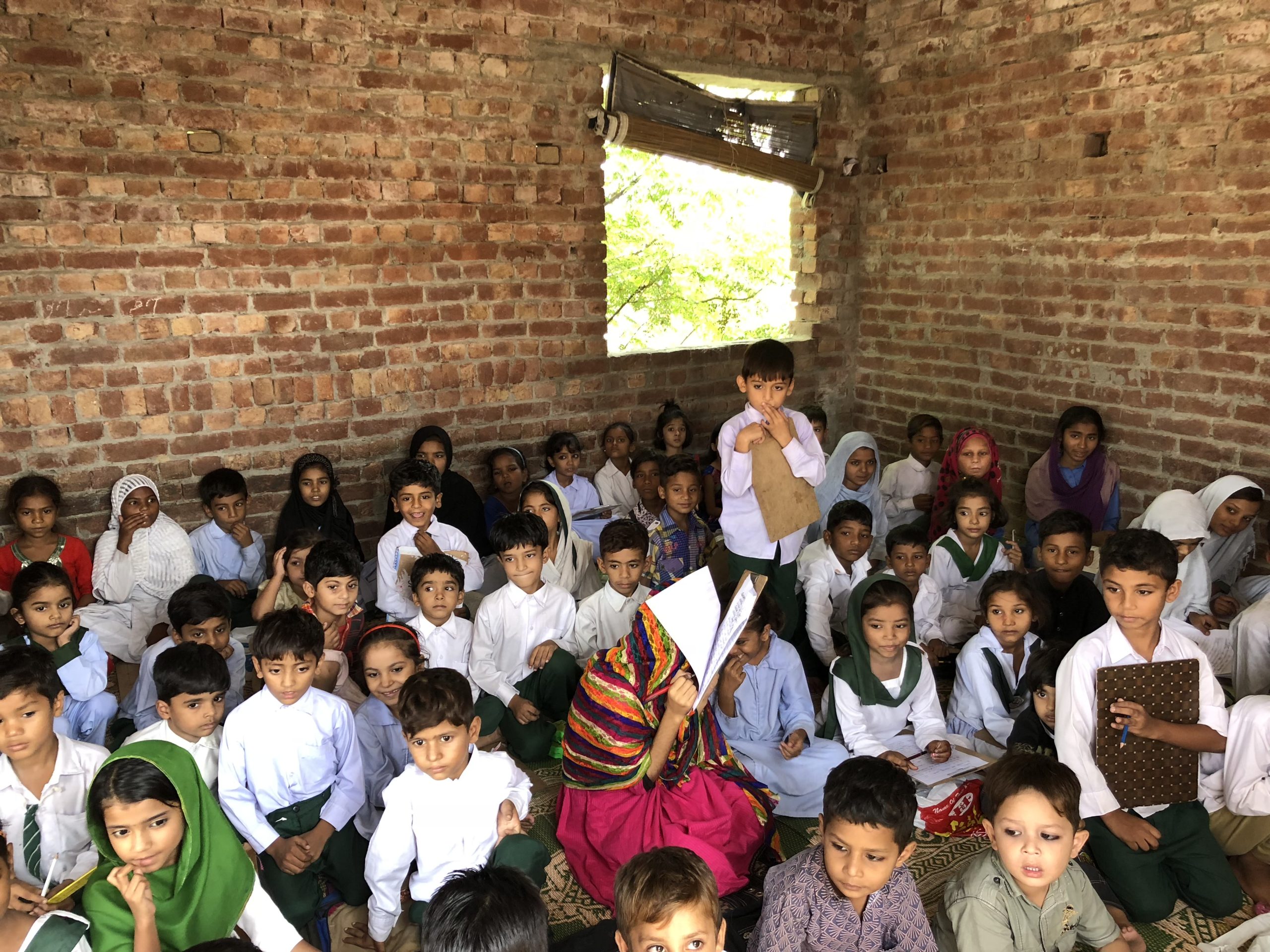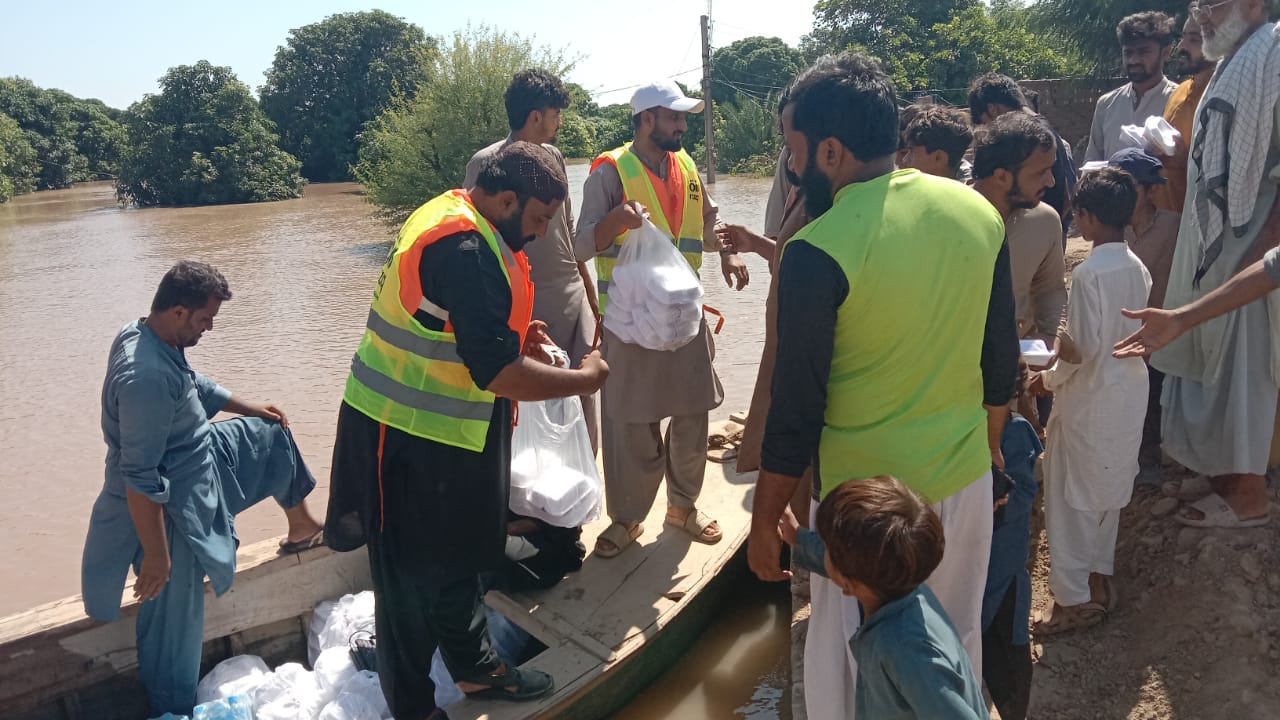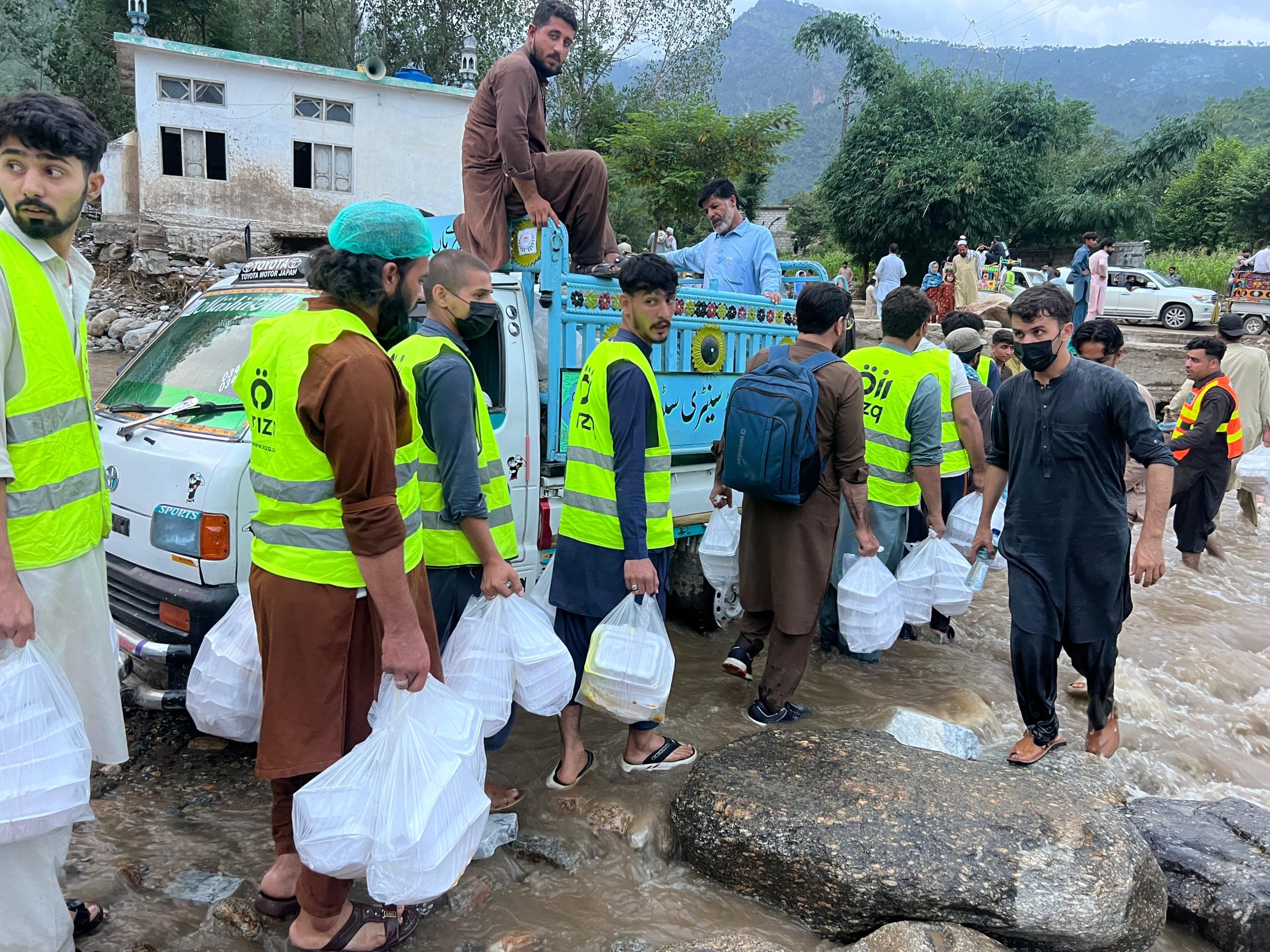Rizq Bachao: Rechanneling Excess Food to Fight Hunger in Pakistan
In a country where millions face food insecurity daily, Rizq Bachao emerged as a movement to challenge a deeply flawed food distribution system—not one of scarcity, but of inefficiency. Founded by three university students, Musa, Qasim, and Huzaifa, Rizq Bachao began as a grassroots effort to stop food waste and channel it toward those who need it most.
The idea took root when Huzaifa, inspired by his mother’s dastarkhwan and the frequent waste at wedding halls, pitched a concept to his friends. They launched a simple Facebook page urging people to inform them about leftover food. With no formal infrastructure, the trio personally picked up food in their own cars and distributed it in under-resourced communities. It wasn’t long before they realized the need for a more structured model.
Initially faced with challenges like lack of interest from institutions and limited resources, the team pivoted. They began exploring ways to make their model financially sustainable, understanding that dignity for beneficiaries required more than just free handouts. A nominal fee was introduced for meals to maintain respect and reduce dependency.
Their first food bank in Sultanpak became the foundation for what would soon be Pakistan’s first end-to-end food redistribution system. They launched the “Rizqshaw”—a customized rickshaw used to collect and distribute food. As demand grew, so did their operations. More rickshaws were added, and partnerships with organizations like Monal and Lipton paved the way for scale.
With support from LUMS, their alma mater, and a growing youth volunteer network, Rizq began standardizing logistics, training staff in food safety protocols (including HACCP certifications), and creating a robust quality control system. Distribution evolved from individual handouts to structured partnerships with NGOs, orphanages, and schools to ensure food reached the most deserving recipients.
During the COVID-19 pandemic, food donations skyrocketed—up to 4-5 tons daily. Unable to keep up logistically, Rizq adapted by shifting from being a direct distributor to acting as a linking agent between donors and beneficiaries, prioritizing sustainability and scale.
Rizq’s policy efforts also broke ground. The team collaborated with the Punjab government on a proposed regulation to standardize food donation practices—marking a critical step toward institutionalizing food redistribution in Pakistan.
Today, Rizq Bachao stands as a model of how community-driven innovation can solve systemic problems. It has saved thousands of tons of food, served countless meals, and built a sustainable, scalable system that other organizations can learn from. Rizq Bachao provided a foundation to the entire building of Rizq trust by uncovering the levels of systemic inefficiencies that exist at every level of the food chain.
More than just a project, Rizq Bachao is a movement—one that has redefined the way Pakistan thinks about food waste, dignity, and hunger.



